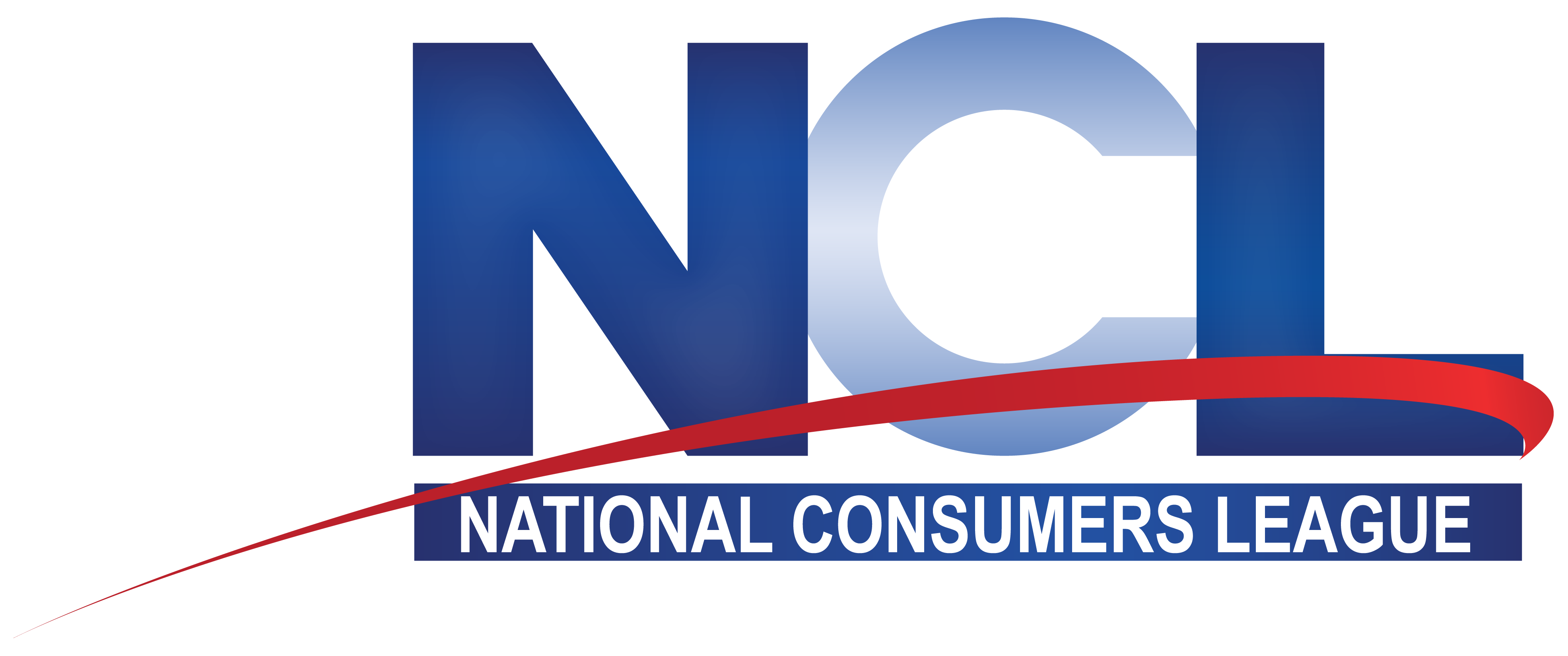Beware: Top scams targeting students – Fraud.org
School is back in session, and unfortunately scammers are ready to target students. We’ve taken a look at complaints filed with Fraud.org in the last year, and the data reveals that consumers under the age of 22 are by far most likely to fall for one of two types of scams: bogus Internet sales and fake check schemes. These are popular scams among consumers of all ages, but they are dominating complaints filed by the youngest fraud victims.
In a review of complaints filed by consumers age 22 and under at NCL’s Fraud.org over the past 12 months, NCL found that almost 3 in 4 (71.9%) of complaints focused on dubious Internet merchandise schemes (48.7%) and fake check scams (23.2%).
The Internet merchandise scam category covers a wide variety of fraud. However among the 22-and-under age group, a number of themes are apparent. Many of the complaints from younger consumers have to do with students buying or selling electronics, especially iPhones and game consoles. Many complaints also focus on scams involving the sale of clothing, particular dubious online sneaker sales websites. Vehicle and pet sales were also popular sources of complaints. Craigslist was frequently mentioned as the venue where younger consumers first spotted “deals” that turned out to be fraud.
Craigslist was also a common theme in the reports of fake check scams targeting younger consumers. However, in these complaints, it was bogus job listings that most often led to the fraud. In many complaints, the consumers describe seeing attractive jobs listed on Craigslist. Consumers who applied were quickly offered a check (which turned out to be fake) as an “advance” or as partial payment for a mystery-shopping job. Another website that pops up again and again is Care.com. In those complaints, the consumer uploaded a resume, which was then used by scammers posing as employers to lure in victims.
Given these trends, younger consumers should keep in mind the following tips to avoid falling victim to these popular scams:
- Do a price-check for similar merchandise before trusting an unknown online retailer, especially one advertising on Craigslist. If the price listed is far below traditional online retailers (think Amazon, Best Buy, Zappos) for a piece of popular merchandise (such as wireless phones, game consoles, sneakers, or designer clothing), the “deal” could easily be a scam.
- When looking for a job, a request to cash a check in a personal account is a huge red flag. Legitimate employers will want you to go through an interview process and check your references before entrusting you with a check worth hundreds or thousands of dollars. If your “boss” wants you to deposit a check and wire a portion back to her or someone else, it’s almost certainly a scam.
If you’ve been scammed, or suspect the person you’re dealing with online is a scammer, file a complaint. Fraudsters can only be stopped if we all work together to share our experiences and raise the alarm. Filing a complaint at Fraud.org only takes a few minutes, but helps arm our network of more than 90 law enforcement and consumer protection agency partners with the information they need to shut down scam artists.







